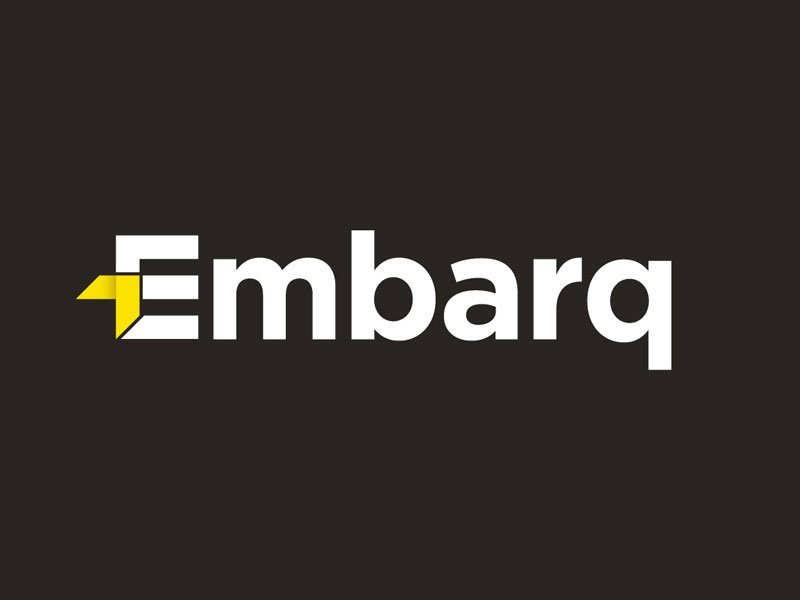
The rush for an EVP: An opportunity
Maulik Chandarana, Director, B2B and People Practise
In the last year, there has been an uptick in enquiries for us to develop an Employee Value Proposition. In principle, we should see it as a great initiative by companies.
But why this sudden sense of urgency? A deeper assessment leads us to believe that this may be a more of a reactionary measure, especially true in the wake of ‘The Great Resignation’, as it is dubbed.
We are hearing stories of how employer brands, probably, were never built well enough within organisations or were simply check-box exercises before the pandemic. Scepticism persists in wordplay orchestrated by companies in form of their campaigns, like it did earlier. Even retention tactics in form of compensatory benefits seem a lure. And employees are choosing to speak up or simply, move on from the ‘dubious’.
Hence, the worry is – history shouldn’t repeat with shallow interventions again. Rather, if the great resignation has led to the rush for EVP even as a reaction, companies should make most of it. This is an opportunity for organisations – small and big – to ponder and plan themselves better for people at all levels, authentically and relevantly.
EVP isn’t a magic spell
An EVP alone will not suffice. Definitively, not in the way it is currently built and imbibed within many organisations where it is either a mere narrative or a statement, a few internal communication campaigns, or an event or two. It is also more than a set of schemes or benefits well packaged and presented. In the post-pandemic world, all briefs associated with an EVP demand need an in-depth assessment for crafting real-world goals, understanding the role of EVP in the culture of the business and finally, who will be curating its proliferation for results.
Where can it start?
The action that an organisation seeks from the employee should stem from the thought of treating people as an equal. What that means is that the notion of workforce, labour, subordinates, resources, etc. – terms used till date – while not wrong, can possibly be dropped as a start. They are labels that see a singular aspect of a whole ‘human being’ – the professional one.
That is why a terminology of an ‘employer-employee relationship’ sounds transactional to many today. How we can make it a ‘people-with-people’ affair perhaps is a bigger question to ask.
Now, the above thoughts may come across as text-booky. In the real world, isn’t fair pay and a growth prospect enough? We know the answer but let me build a bit on it.
I’d like to refer to a personal example from an organisation I worked in earlier. I was told that motivation is notional. What matters is performance, and one is paid for it – that was added to my lesson. It did not feel right but I had nothing to defy it logically. Until during one EVP workshop that we were conducting and a participant from the client side asked – What is more important, motivation or performance?
The question was, of course, deflected. If practicality reigned, then the participant should have been told so in no uncertain terms that only ‘performance triumphs’. The moot point is that everything that is called ‘theoretical’ in nature, has its basis in human feelings. And feelings are real. Human issues are real. Today more than ever we shouldn’t shrug off things as ‘theoretical’ or ‘bookish’ without even assessing them fairly.
Both organisations and agencies helping organisations craft EVPs need to find the ‘human-deal’ – as Gartner terms it as the ‘reinvented employee value proposition’.
I find it appealing in its definition and the shift it proposes as a framework –
The reinvented employee value proposition (EVP): “The human deal”
A human deal orients toward employees as people, not workers;
provides the attributes that are critical to that person’s life experience,
not just work experience; and delivers a positive emotional response.
Source: Gartner for HR, CHRO Guide
Who takes onus?
On the face of it, the Human Resources (HR) team should be the mobiliser of having a strong EVP in place. But two points need a think.
- Launching campaigns, deploying content, organising events, planning pay-outs to satisfaction of people and creating mushy or ebullient environments (as may be the case) with the EVP strapline plastered all over is a small part of building the larger employer brand of which the EVP is a part
- Speaking of employer brand, the onus of understanding the dynamics of brand thinking principles to build cultures is an added (read, urgent) responsibility that the HR team members need to actively embrace
Corporate brand building cannot be a siloed exercise. You can’t just have the Marketing and Branding departments taking care of the public facing image of the brand, and HR teams managing internally, running the culture-piece or deploying recruitment marketing.
In today’s time, the HR department could well step up and become a co-pilot. Companies like Dell and Cisco are known to have their marketing teams aligned with HR teams to run the show.
In the simplest of terms, the HR department has a greater role in building the brand – employer or otherwise, in time to come. It is an opportunity to reinvent their scope of intervention and go beyond to break glass ceilings. Think of it with an analogy of the procurement departments that could see getting cheapest materials or services for their firms as their objective vs them understanding what is good and importantly, in line with company values.
A little deviation, perhaps, but to up the case for HR to engage in brand thinking is the possibility of it serving as a leg-up to the HR function, to bring them to the forefront of leadership positions. The recent appointment of Leena Nair as Chanel’s global CEO, who previously was the Chief Human Resource Officer (CHRO) of Unilever is an example.
Summing up
There is a lot of literature on building EVP. But the key point is once again, not letting go the opportunity to engage with employees within the organisation and prospective employees, in a haphazard manner.
The pandemic has given opportunity to organisations to build on a ‘people-with-people’ principle realistically, with human issues and feelings at the forefront. The Human Resource teams at companies have an opportunity to up their game with adoption of fundamental brand thinking principles. This could help them craft better EVPs and work with equal footing with the Marketing and Branding teams to go beyond mere EVP too.
Clearly, the rush for EVP is an opportunity in many ways and has multiple dimensions in what could be possibilities for organisations.































